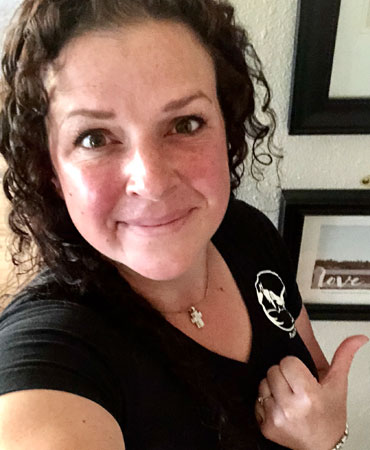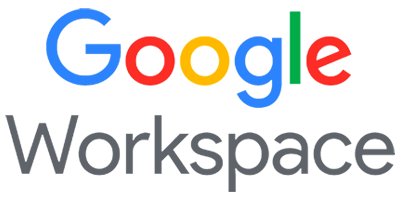The Connections between Writing Music and Marketing
In the TV show Songland, producers take a decent song and edit it, often incorporating structural changes and using the principles they know about telling a good story and making a hit song. Huge hits by musicians both follow the rules and break them all at the same time. I got to thinking and realized excellent marketing does the same thing. When I brought these parallels up to a friend who writes music, they said, “Writing music is about finding solutions, give and take, and not settling.” The same can be said about writing a marketing strategy. In both industries, it’s the musician or marketers’ responsibility to do the following:
- Locate your listeners’ needs; pain points
- Find solutions to your listeners’ problems; pleasure points
- Give like hell. At Gravity Junction, we believe in the 80/20 ratio. Give 80%, take 20%. (If you’re like us, you’ll typically end up giving more than that)
- Take. You want to take your clients’ attention. You want to take their time for a moment because you know you have something worth them listening to; you have a lyric, sales pitch, or something that will enrich their lives. You have an answer for them that’s impossible to ignore, like a reverberating echo. Music and marketing both resurface old memories. In a way, both marketing and music function as time machines. They can take you to a place you’ve been before, as a version of yourself you’ve been before, in a familiar place, surrounded by familiar faces, heck, maybe even some familiar tastes and smells.
However, neither music or marketing should sound like a broken record.
Both industries face the unique challenge and delicate balance of wanting to play on your short or long-term memory while not sounding played out. Both music and marketing want to connect to your story while not being TOO familiar, too “old school,” or too repetitive.
There are so many similarities between the two. Both music and marketing are extremely powerful. They’re not only informational, but they also are emotional, and both tickle one’s impulses to take action. That’s the definition of being powerful. To spark positive action or to spark positive change.
Whether that action is to laugh, cry, call an old friend, shop, or buy. Music and marketing move people and businesses.
Like producers critiquing and rewriting songs in the show Songland, marketing professionals assess their clients’ marketing plans to determine what is working and what isn’t. Just like the judges on Songland who can decide whether or not they’re on board with the story, lyrics, or feel of a song, marketers must go through a business from A to Z in an extremely meticulous manner.
Marketers may “replay” the marketing strategy by reading it over and over again to do just the right amount of tweaking. One loose string can throw off the melody. Like a song filled with several instruments, keys, notes, and pitches, a marketer must “listen” to find any discrepancies.
These collaborative processes, in both music and marketing, are a balancing act; a collection of moving parts that come together in harmony.
The big-picture goal for both sounds, in music’s case, and strategies, in marketing’s case, is for the components to COMPLEMENT, not compete. Just like if you were to isolate one instrument in a song, turn it up way louder than its counterparts, and play it over and over again (imagine the clashing of cymbals with no other content), that would not make a song worth listening to.
The same goes for marketing. Unity and harmony are what your clients want. The joining, combining, and the coming together.
Music needs noise and silence. Marketing needs selling, but it needs empathy as well. In both specialties, any overpowering characteristic can throw the entire thing off.
Sonic Branding: Music Meets Marketing
Sonic branding comes to mind when discussing both music and marketing. Sonic branding is an aspect of marketing that plays to one’s hearing; the song or sounds associated with a service, product, or brand.
Take McDonald’s, for example. I say McDonald’s, and someone automatically thinks of the catchy jingle, “Ba da ba ba ba, I’m lovin’ it.”
See how powerful sonic branding is? Not only did I conjure up that jingle, memory, and association with the word “McDonald’s,” I also conjured up the sound, tone, key, and melody in my memory just by reading the lyrics.
The power of subconscious association is probably one of the biggest factors that comes into play with music and marketing.
Sonic branding is what makes this entire article come full circle. Sonic branding enhances the brand experience by jogging your customers’ memory in the blink of an eye. Once they’ve heard your jingle combined with your brand enough times, your customers will think of your brand when they hear that sound or song immediately.
Sonic branding creates nostalgia. Talk about powerful.









0 Comments